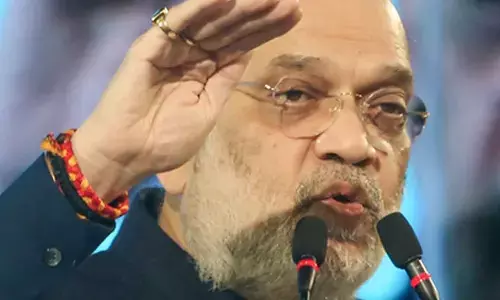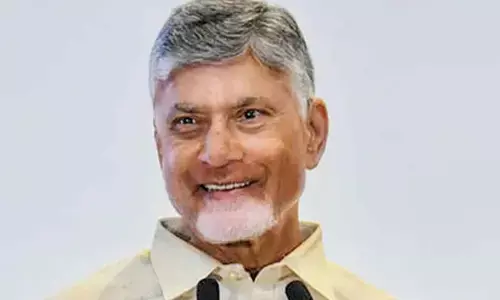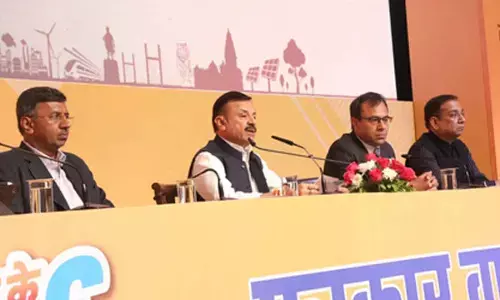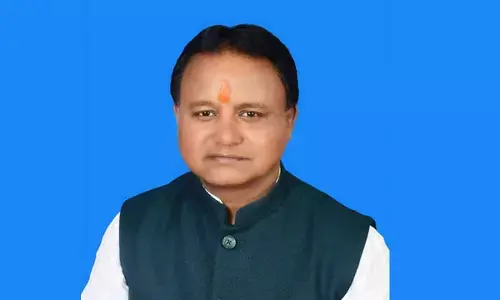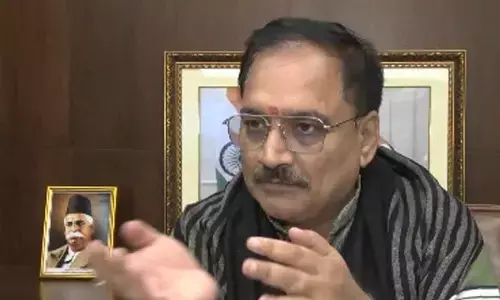Proceed with care on Civil Services reform

The Prime Minister\'s Office proposal to change the existing system of selecting India\'s bureaucrats by the Union Public Service Commission (UPSC) by including their \'Foundation Course\' at the Lal Bahadur Shastri National Academy of Administration (LBSNAA) in Mussoorie, as evaluation programme for allocation of services to the successful candidates, has drawn criticism. Rahul Gandhi as usual sees a
The Prime Minister's Office proposal to change the existing system of selecting India's bureaucrats by the Union Public Service Commission (UPSC) by including their 'Foundation Course' at the Lal Bahadur Shastri National Academy of Administration (LBSNAA) in Mussoorie, as evaluation programme for allocation of services to the successful candidates, has drawn criticism. Rahul Gandhi as usual sees an RSS hand in it. Such silly accusations apart, is it really a worthwhile move or not?
The PMO does not think that doing well in the Civil Services Examination alone should be sufficient for allocation of a service. If it is implemented, then it would become the fourth stage of the examination – Preliminary, Mains, Interview and Foundation Course. If this is accepted and implemented, it will be possible for a candidate whose rank in the UPSC civil services examination is lower, to get into the coveted top three services, based on the performance at the Foundational Course either at LABNAA or Sardar Vallabhbhai Patel National Police Academy (SVPNPA) or other academies of civil servants.
In effect, it means that cadre allocation/service allocation would be done only after the Foundation Course. The foundation Course is a combination of several activities of the academy which include both academic components in law, political science and public administration and extra-curricular activities such as village visits, interaction with fellow probationers and trekking etc. This course is allotted 400 marks but it is only to establish seniority within the batch.
Criticism against the move arises because it is an arbitrary one and does not explain on what basis higher grade is conferred. The parametres are not properly evolved to decide who should be right for what cadres. It is also not cleared whether the marks secured in the written test and the interview would be counted too. Anyway, the real question is whether the quality of administration improves as a consequence of the change. Civil servants have diverse tasks to perform, multiple objectives to achieve and frequently, as governments and political masters change, the goalposts too change. Secondly, the officers learn more on the job and not during the training. If the government really wants to assess an officer's calibre it should be done as one inches in the hierarchy based on the performance.
The National Academy of Administration itself was set up by merging the IAS Training School at Delhi and the IAS Staff College, Shimla. In 1959. But, if the evaluation system eliminates subjectivity and is more quantitative why should anybody have any objection? Otherwise, that would give room to allegations of favouritism and could lead to litigation, too. Though no one says no to administrative reforms, whether they should start from here, the foundation where the administrators are trained, should have been debated before the PMO stepped in. Is it a better of doing things or not? The present system itself is not too bad and when it is not so, why fix it is what is being asked in the bureaucratic circles. As feared by some, is there a clear and present danger to the Civil Services?










